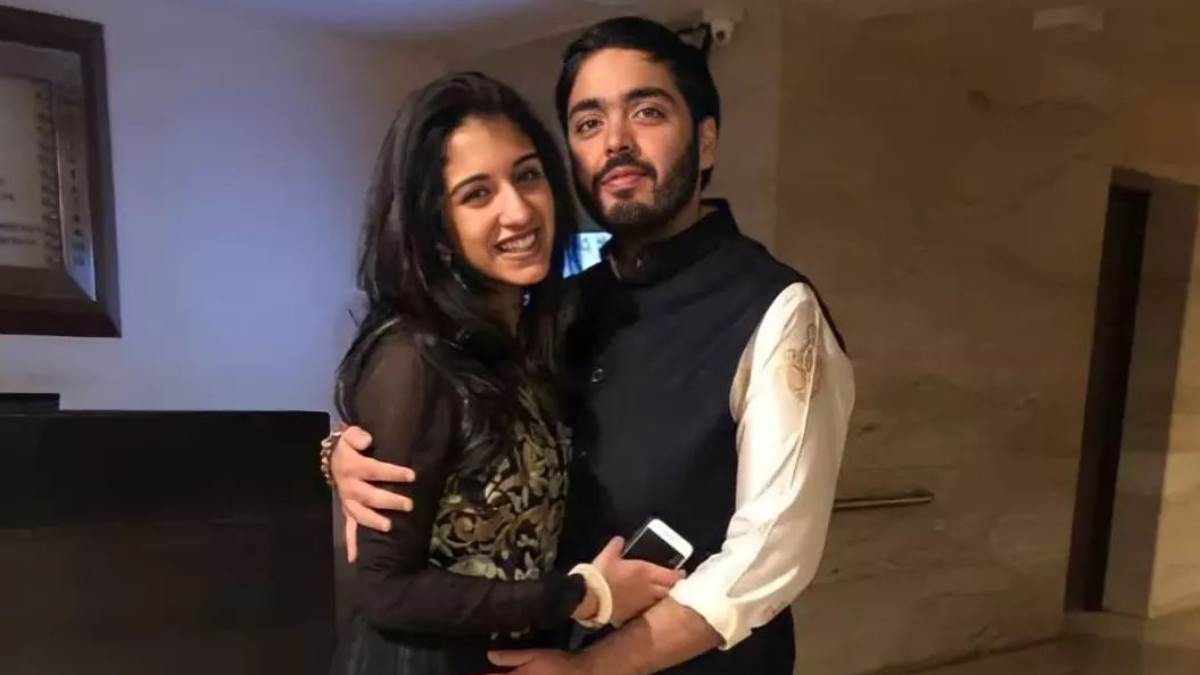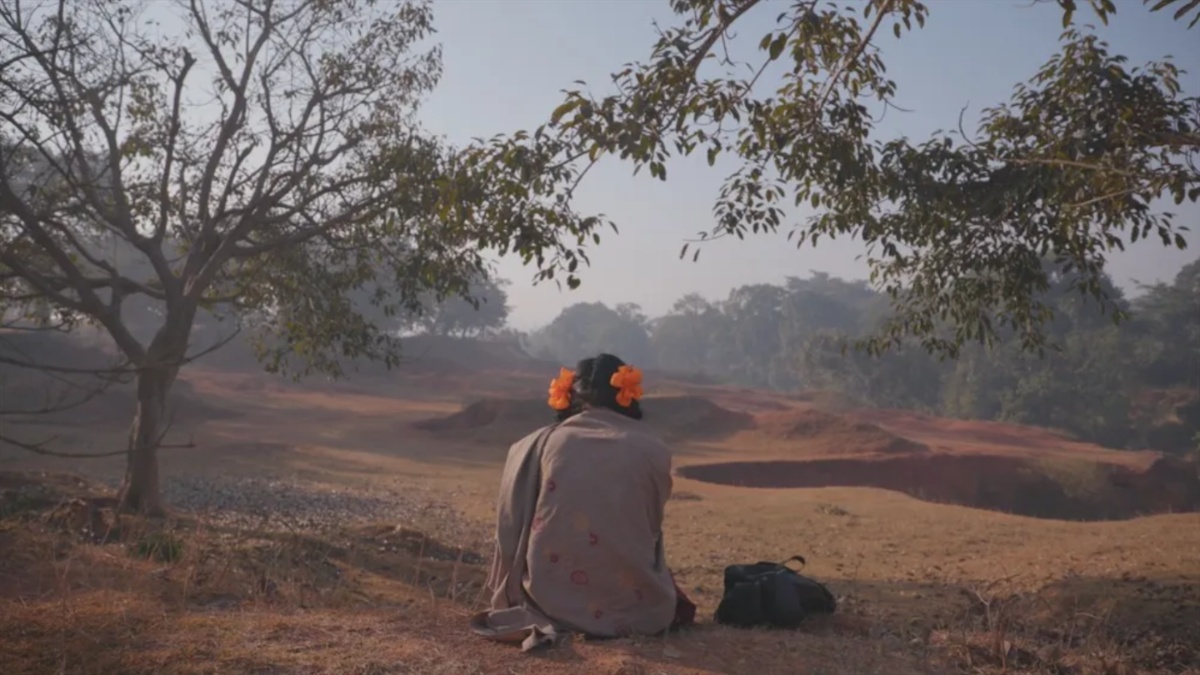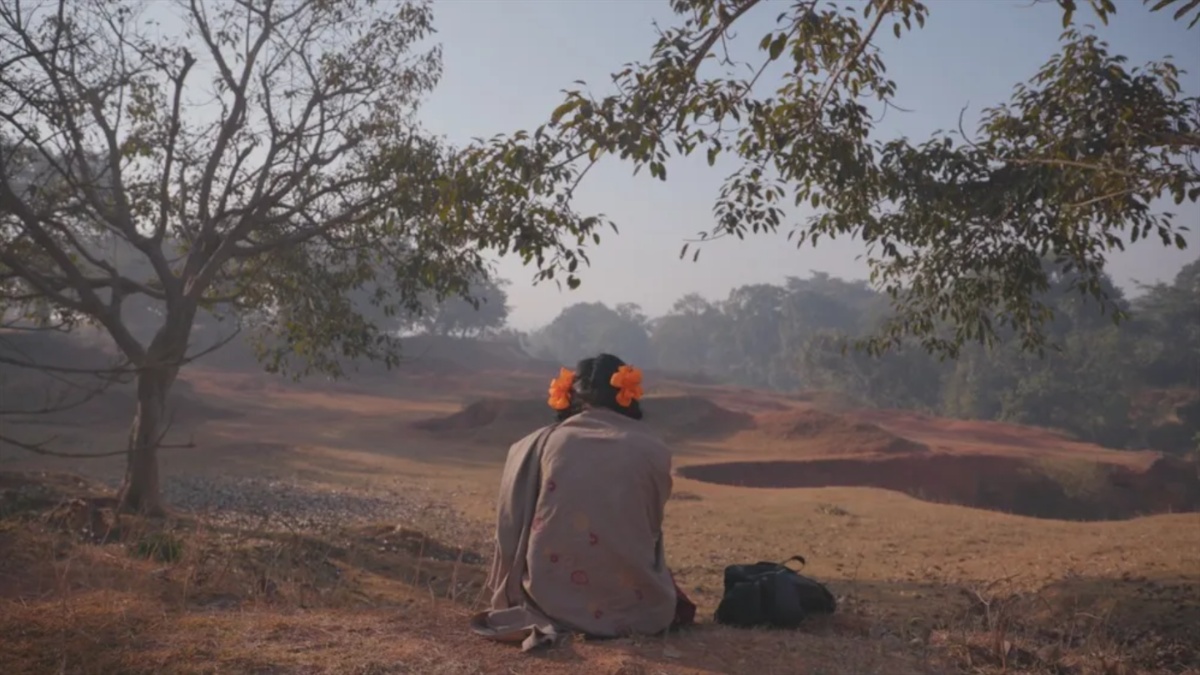Barfi! is not perfect. And I’m talking about the film. Too fairytale-ish to whet the cynic’s appetite for ‘detailing’, too long for people not thrilled by the mere sight of Boroline scribbled in Bengali on a tram, too easy a story of lives usually told in dripping-darkness frames in Bollywood - at times with generous help from a sad song or five.
Barfi! doesn’t make heroes. Doesn’t, with a lingering drag of a violin note, ask you to sit back, look up at the heroes they have just made on celluloid and be overwhelmed by the knowledge that your limbs function the way they are supposed to.
Barfi! doesn’t treat handicap with the wondrous fervour with which Bollywood has treated everything from dyslexia (_Taare Zameen Pa_r) to paraplegia (Guzaarish). It doesn’t ask you to gawk from a distance. It tells you how someone like Barfi lives without hearing, or speaking, like you live with a scraped knee, a wisdom tooth or a pair of ill-fitting specs.
The film, doesn’t sit still, moping, when Barfi’s father loses consciousness - as the deaf and mute son downs his sorrows in cheap alcohol and dozes off.
Instead of digging its heels into how vulnerable its hero is, or how the incident unsettles his bearings, the film promptly lurches forward, briskly following Barfi around as he tries to mend what has gone wrong. Like you, I and several people we know would have done, had an ageing relative quietly suffered a heart attack in the next bedroom as you watched the day’s debate on a news channel.
Priyanka Chopra’s Jhilmil, we’re told is autistic, is probably cute-fied but thankfully, not made the subject of a soul shattering tragedy. She is as loyal as love allows any average person to be, as jealous as being overtly fond of someone can make you and as easily offended as you could have been in high school, over a popular head-boy or the debating team captain.
Like his hero, Anurag Basu doesn’t ask you to put on glasses of fervent respect, when you meet Jhilmil. You’re amused, anxious for her, slightly outraged - but never being asked to shake with respect or sympathy for her travails.
While the rationalist might find it hard to stomach, Barfi and Jhilmil live happily ever after - as happily as a stud hero and a size-something ridiculous heroine can be in rom-coms. Presumably in a nicely-lit, pleasant looking bungalow, that too in Darjeeling. We argue against it, because dwelling on what-ifs is a lost virtue in our generation. But it isn’t a bad thing after all - it makes ‘hope’ seem relevant. Even when there’s no MBA entrance results coming out or no promotions due at work.


)




)
)
)
)
)
)
)
)